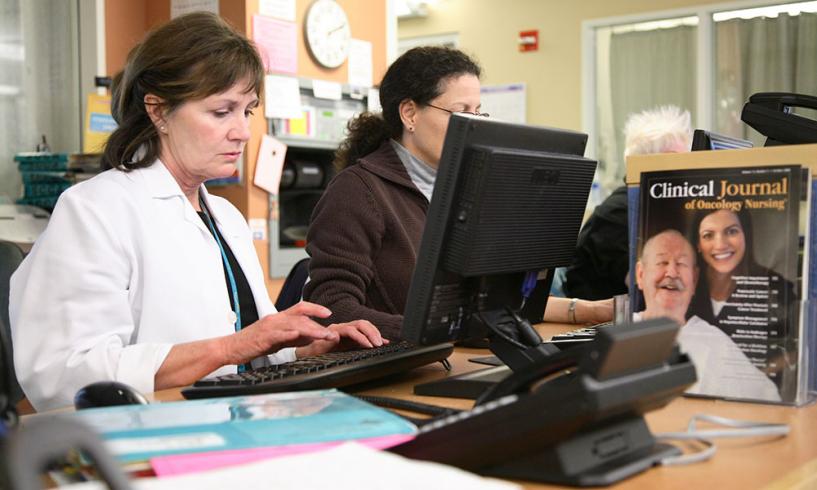Clinical trials can be a great source of valuable information to drive oncology forward.
Unfortunately, only 5% of eligible patients enroll in clinical trials. The National Cancer Moonshot Initiative and the U.S. Food and Drug Administration (FDA) have both set in motion plans to increase clinical trial participation with the hopes that oncology advancements make it to patients faster and more efficiently.
FDA Redesigns Clinical Trial Participant Criteria
On September 16, 2016, the FDA announced its commitment to efficiently redesigning the way clinical trials are provided to patients with cancer. At the heart of this change, the FDA is working with providers and policymakers to identify and define the necessary criteria of an eligible patient.
According to Richard Pazdur, MD, acting director of the Oncology Center of Excellence, “Modifying the eligibility criteria could expand the number of people who qualify and therefore open new opportunities for participation and enhance the generalizability of what we learn. Of course, regardless of adjustments, patient safety will remain paramount.”
The FDA noted an interest in shifting away from the traditional phase I–IV trial format in favor of a more streamlined approach. The hope is that a newly designed format will allow for trials to be expedited through the process with greater efficiency. Other changes include encouraging the use of simple trials that encompass a larger patient base, as well as employing the use of common control trials. These trials share the same control arm but test multiple different drugs in intervention arms to reduce the number of patients required for the trial.
Clinical Trials Nursing 101
Clinical trials are an important part of advancing patient care, and nurses who coordinate clinical trials require a specialized skill set. Learn more through ONS's clinical trials interactive course available now.
Cancer Moonshot Launches Clinical Trials Search Engine
The National Cancer Moonshot Initiative, simultaneous to the FDA, announced a new clinical trials search engine through the National Cancer Institute’s website. The search engine allows both healthcare providers and patients to find the clinical trials that are best for them.
The vice president supplied an article to TIME magazine regarding the new search engine. “Every day, we search through complex information without even thinking about it. We book airline tickets, rental cars and hotel rooms from hundreds of choices in a matter of minutes,” Biden said. “With that in mind, we asked our country’s Presidential Innovation Fellows—some of the brightest technology minds in the world—to partner with the National Cancer Institute to design a new, patient-friendly search system for clinical trials that would be as easy to use as a travel site.”
The search engine has been designed to work with technology professionals from institutions around the country to tailor searches in the most specific way possible. The underlying information will be supplied to app developers to continue to hone the efficiency of clinical trial searches.
The Cancer Moonshot Marches Forward
With the recent release of the National Cancer Advisory Board’s Blue Ribbon Panel recommendations, the Cancer Moonshot is poised to implement new, progressive changes to cancer care. Many of the new changes will be implemented and supported by oncology nurses across the country. Nurses remain the first line of attack against these diseases and will be essential in the progress of the Cancer Moonshot.






